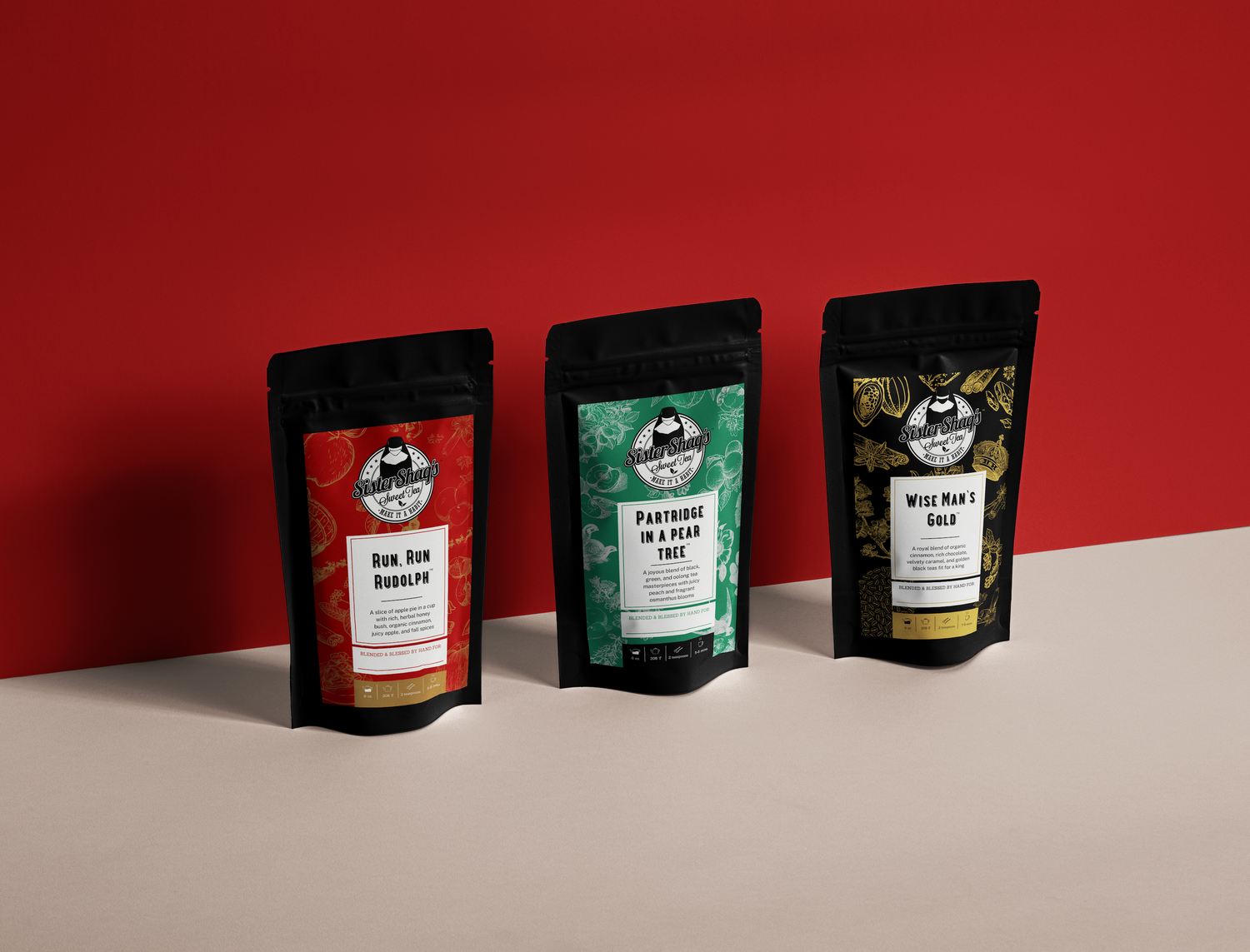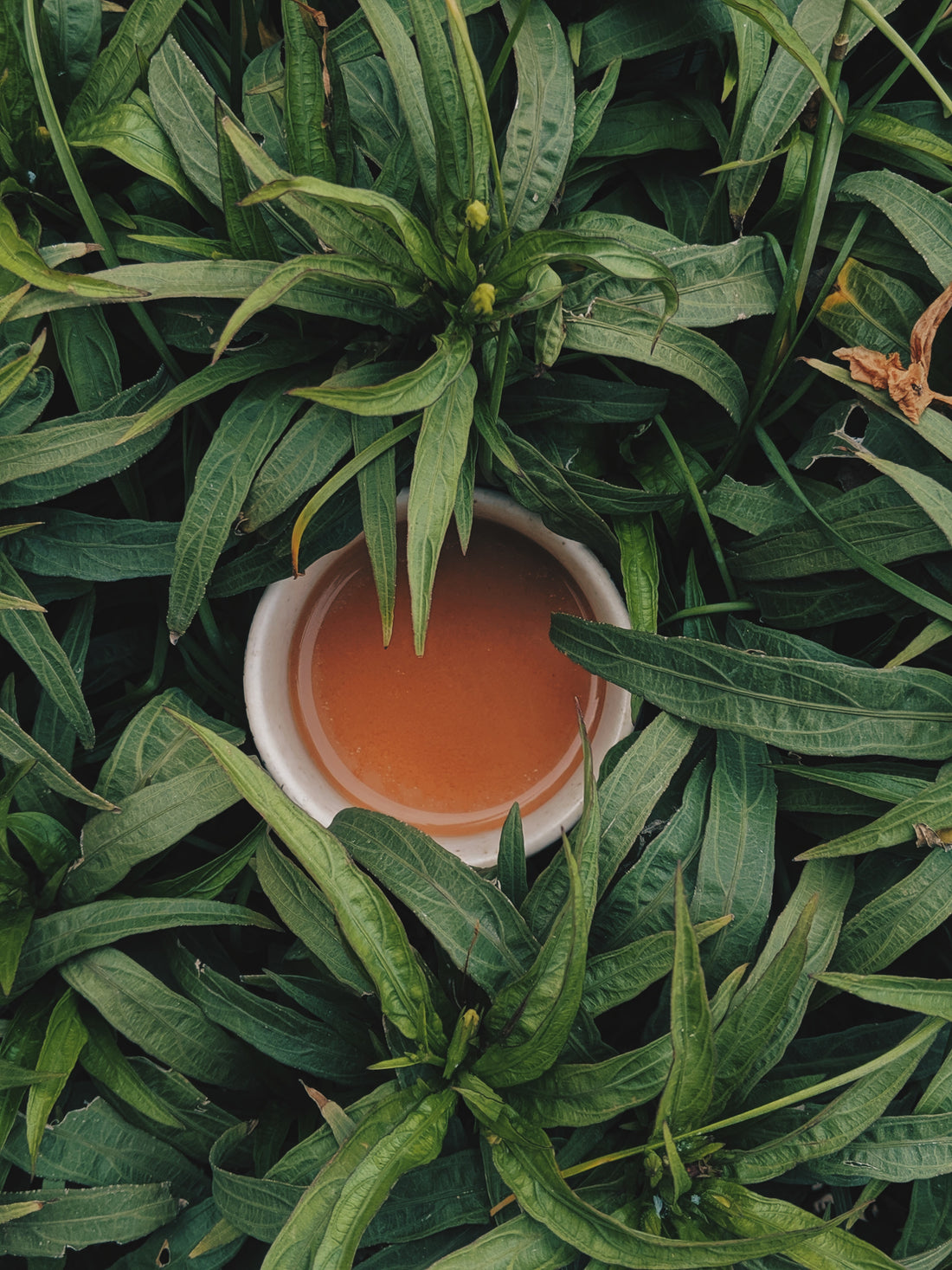Get Your Antioxidants
The leaves of a plant (Camellia sinensis) are used to make most teas, according to the Linus Pauling Institute. White and green teas contain fresh, unrolled leaves, while leaves in black tea are first rolled and broken before drying.
Because of this difference, compounds in white, green and black teas are also somewhat different. But all contain flavonoids, including theaflavins and catechins, which are in black and green tea, respectively.
Antioxidants help protect your body from free radicals, unstable molecules that form in your body and, over time, can raise your risk of cancer, heart disease and other disorders.

Protect Your Heart
Research suggests that consuming tea may benefit your heart and blood vessels, potentially reducing your risk of heart disease and stroke.
For example, a study published in the March 2013 issue of Annals of Epidemiology that followed almost 75,000 men and women for 10 years found that daily consumption of 4 or more cups of black tea was associated with a lower the risk of stroke.
Drinking tea might also help relax blood vessels, widening them and helping reduce blood pressure, and it could also lower your risk of atherosclerosis, or hardening of the arteries, according to other research studies.
Although research in this area is promising, large clinical trials are still needed to confirm these benefits.
Reduce Risk of Cancer
Research also suggests that compounds in white, green or black Lipton tea might help protect you from carcinogenic chemicals and suppress or prevent the growth of cancer. Although much of this research has been done in the laboratory, several studies with human subjects produced promising results.
For example, an older but large study published in May 2002 by Cancer Causes and Control studied 34,000 women for 12 years. It found that those whose diet was rich in tea catechins had significantly less rectal cancer than controls, while stomach, pancreatic and blood cancers also tended to be reduced, although this wasn't statistically significant.
Another study published in February 2013 in Nutrition and Cancer found a similar association between green tea drinking and lower rates of esophageal cancer.


